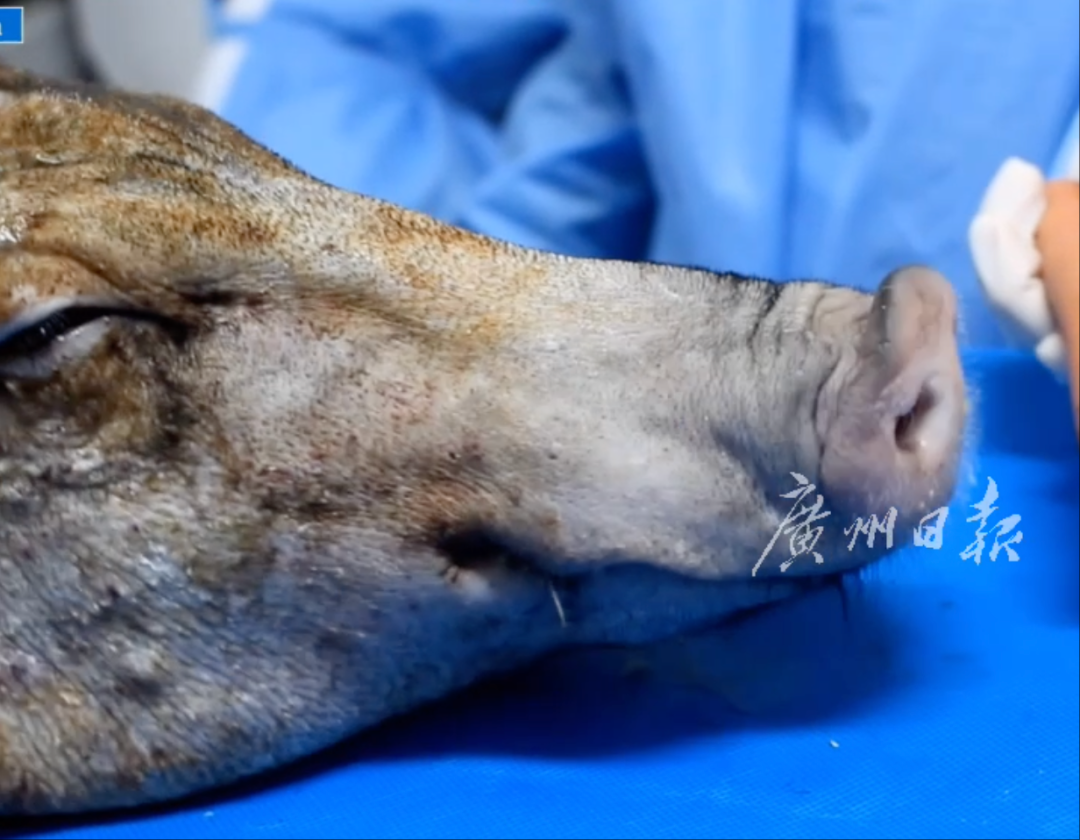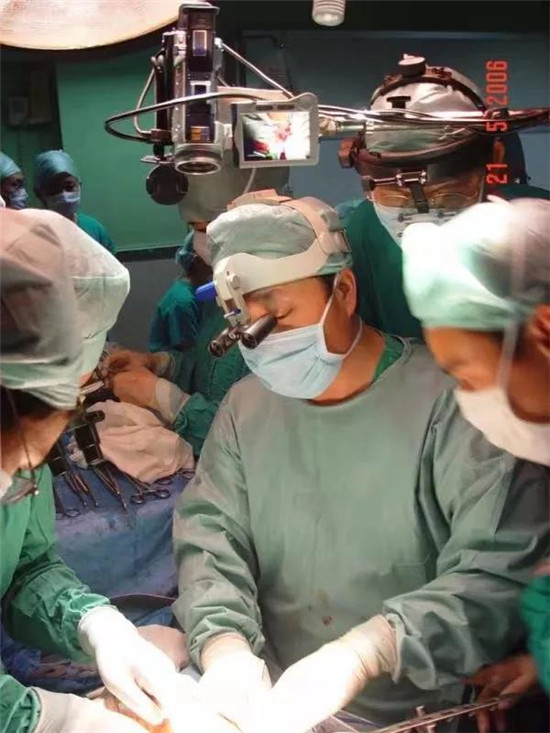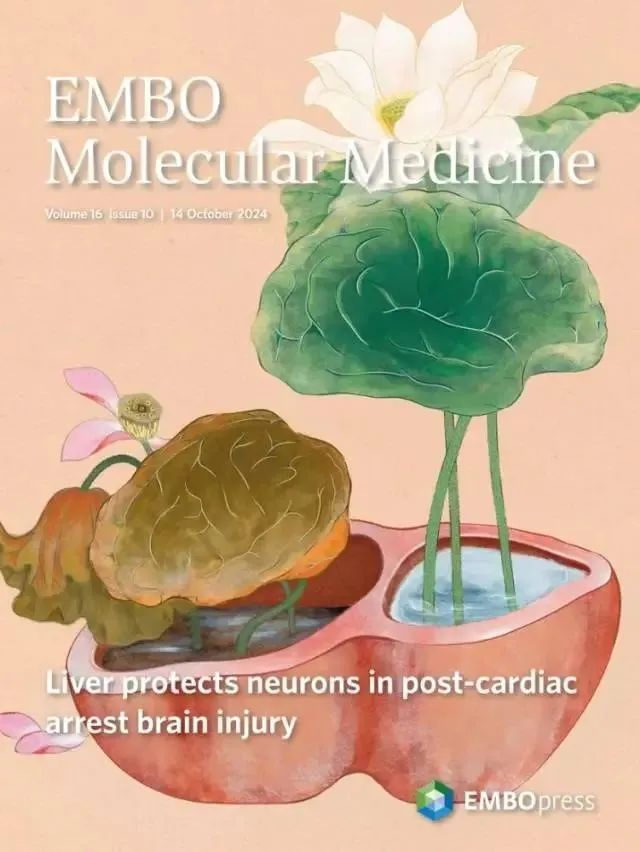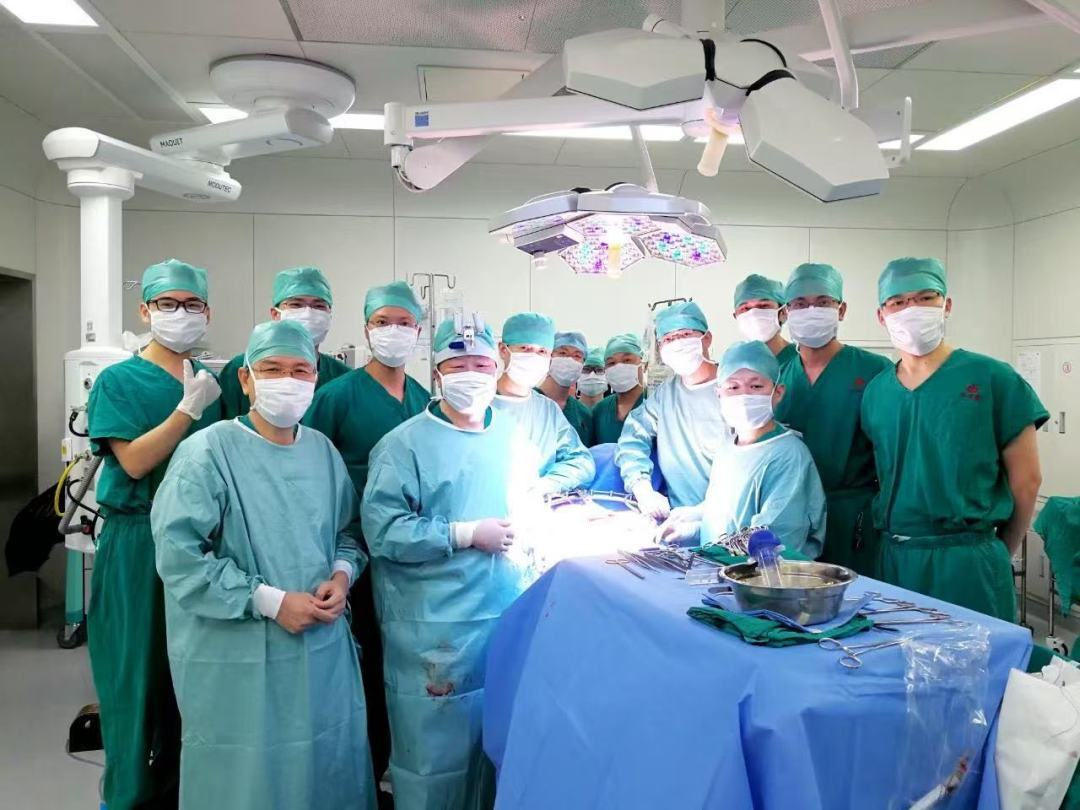A team led by Professor He Xiaoshun from the Organ Transplant Center at the First Affiliated Hospital of Sun Yat-sen University, in collaboration with international researchers, successfully revived a pig head that had been separated from its body for 50 minutes using an innovative "ex vivo brain preservation technology."

Pig head in experiment (Photo: Guangzhou Daily)
This achievement challenges the long-standing belief that brain damage from cardiac arrest, a leading cause of death, is irreversible after just five to eight minutes of oxygen deprivation.
The experiment began by inducing cardiac arrest in pigs and surgically detaching their brains. After 50 minutes of isolation, the ex vivo head was connected to a custom-built life support system.
The system, developed by Guangzhou-based Singularity Medical, integrated artificial heart and lung components with a living pig liver maintained through normothermic blood perfusion.
The liver played a critical role by filtering toxins and stabilizing metabolism, enabling the revived brains to regain electrical activity and cellular functionality. For ethical reasons, the experiment was voluntarily halted after six hours, though the results demonstrated unprecedented potential for brain resuscitation.

Professor He Xiaoshun (Photo: the First Affiliated Hospital of Sun Yat-sen University)
Traditional cardiopulmonary resuscitation (CPR) focuses on restarting the heart and lungs but fails to address toxic byproducts that accumulate during oxygen deprivation. Professor He Xiaoshun, the team leader, emphasized, "Without the liver, the body's primary detoxification organ, even restored blood flow cannot fully revive organ function."

Cover of published article of Professor He's study in "EMBO Molecular Medicine" (Picture: the First Affiliated Hospital of Sun Yat-sen University)
The study, published as a cover article in "EMBO Molecular Medicine" last October, was a global collaboration involving experts like Professor Björn Nashan, former President and Past-President of the German Transplantation Society, and Dr. Andrea Schlegel, academic transplant surgeon at the Cleveland Clinic.

Professor He Xiaoshun and the team (Photo: the First Affiliated Hospital of Sun Yat-sen University)
Their findings redefine post-cardiac arrest care by highlighting the liver's pivotal role in mitigating brain damage.
Professor He concluded, "This innovation bridges gaps in resuscitation science and organ preservation, offering unprecedented possibilities for saving lives and advancing our understanding of brain resilience."
Author | Jiang Chang
Editor | Huang Qini, James Campion, Shen He






